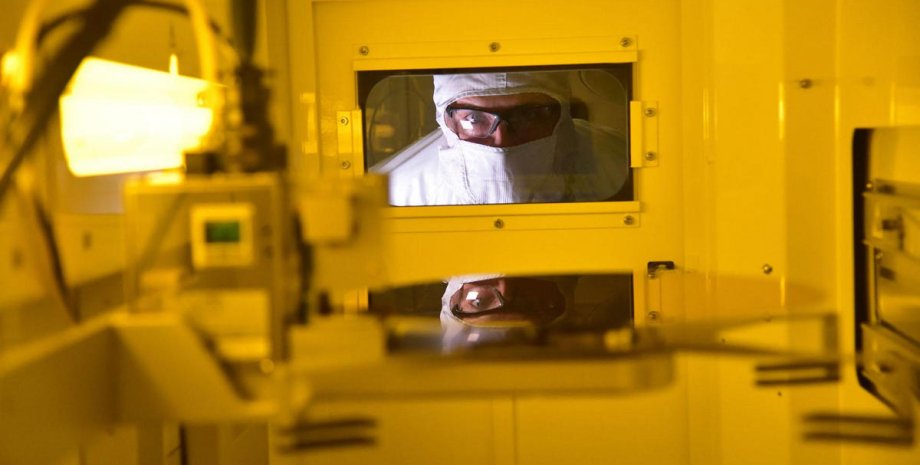
Hermanium and helium are the result of coal processing at zinc and aluminum production enterprises, which are very many in China. Today, the PRC has focused on 80% of the market for these metals in their territory after Europe and the United States are increasingly trying to move towards ecology and are reducing industrial zones in their countries.
The shares jumped on the expectations that the supply restrictions will lead to a sharp increase in the prices of metals, which would give up the fall in exports, said in a comment to Bloomberg Lee Weycin, the JH Investment Management Co. Managing Foundation Managing Fund.
Market experts believe that Beijing introduced the ban on the export of these important processors and circuits of metals as a response to sanctions of the United States and the Netherlands, which forbidden to supply the advanced chips and technologies of lithography to the PRC.
Now, according to the new rules, exporters of these two metals will have to apply for licenses to the Ministry of Commerce of China, if they want to start or continue their supply from the country, and will have to report details about foreign buyers and their applications. According to Hu Yana, Shanghai Metals Market analytics, control measures are unlikely to have a serious impact on leading germanium producers, but may be more burdensome for small businesses.
According to her, there are no details about how restrictions will be introduced, and Chinese exporters are looking for explanations. These two metals are not particularly rare, but Chinese prevails in processing. Japan, South Korea, Russia and Ukraine produce Galium, while the United States, Canada, Belgium and Russia are producing germanium.
"As soon as other countries, such as Germany or the US, start paying more attention to obtaining Galium and Germany, the price will not fall and there will be no problems. But, of course, for some time, China will be able to sway at a high price for these metals," says Christopher Ecclestoon, Analytical Head Hallgarten & Co. "The same thing happened with other materials such as antimony, tungsten and rare earth elements," the expert added.
Recall that the US and the Netherlands, which exclusively have the necessary technologies, will be further restricted by China in supplying equipment for processors. The Government of the Netherlands has imposed restrictions on exports for its company ASML, which is one of several companies around the world that produce lithographic equipment for processor production.










All rights reserved IN-Ukraine.info - 2022